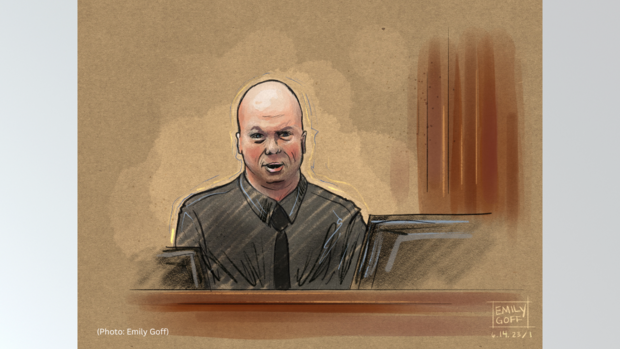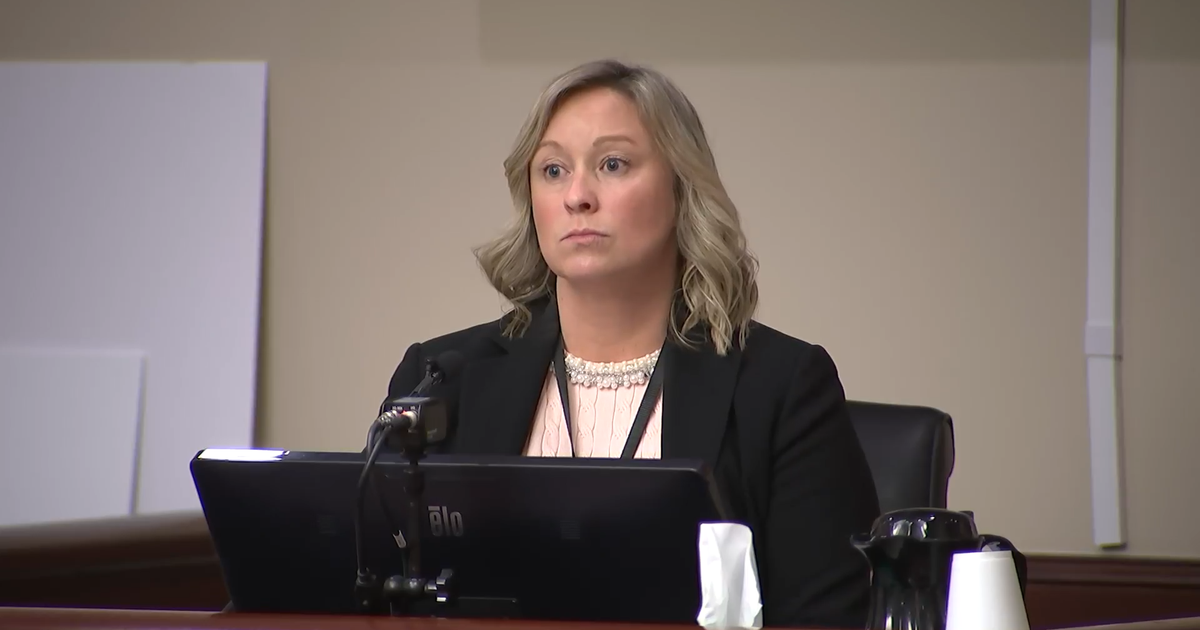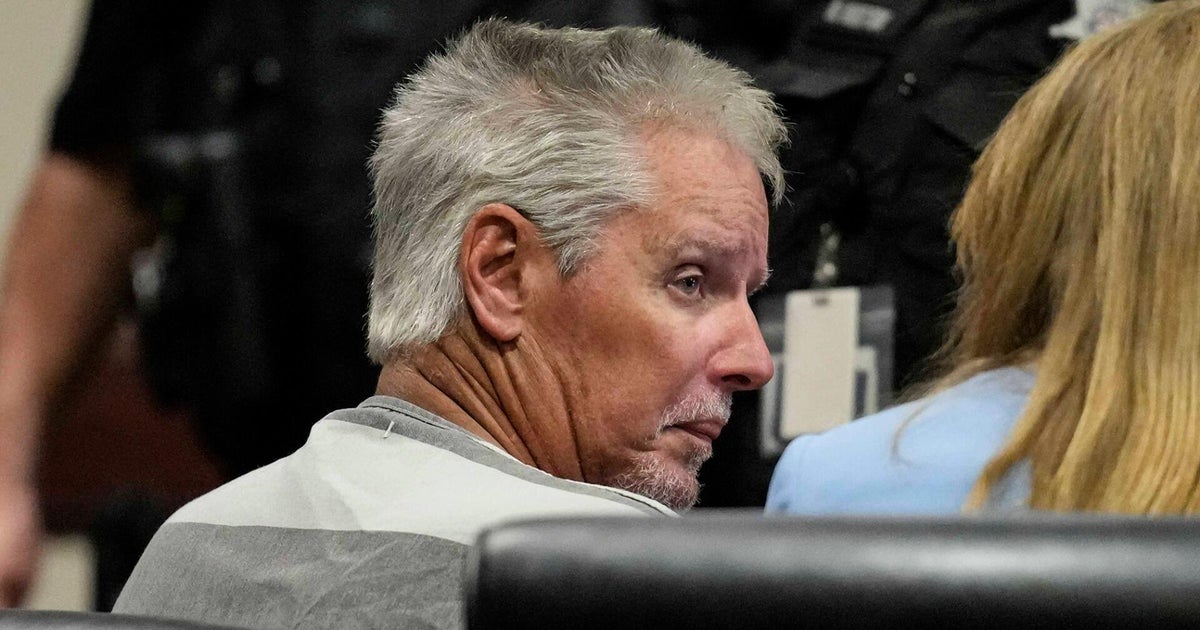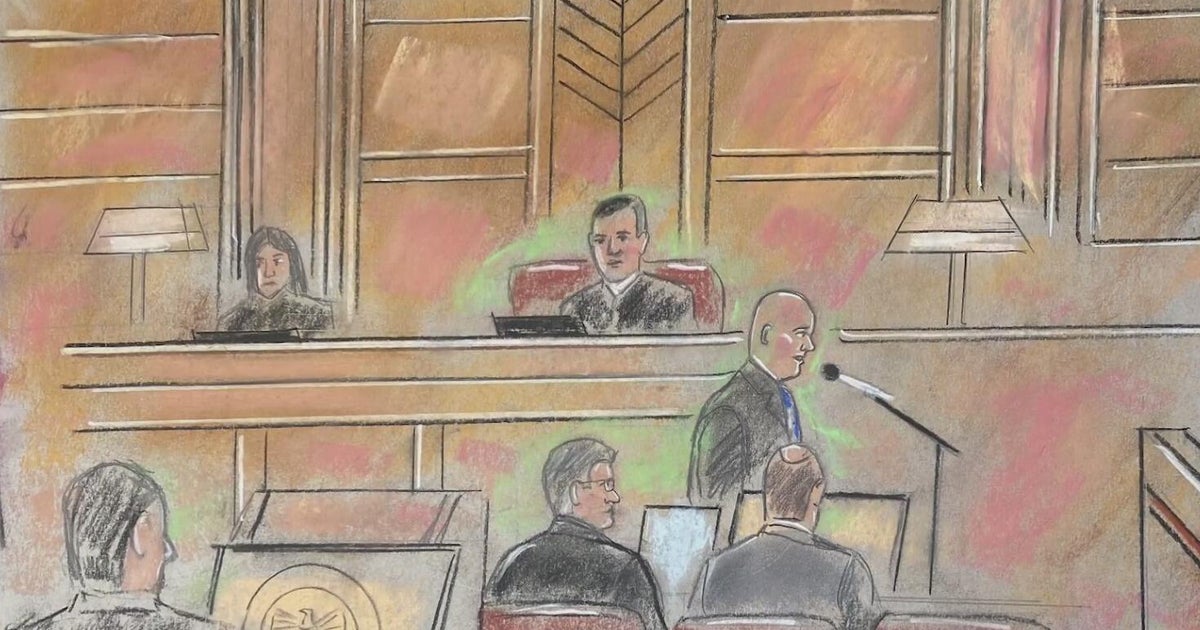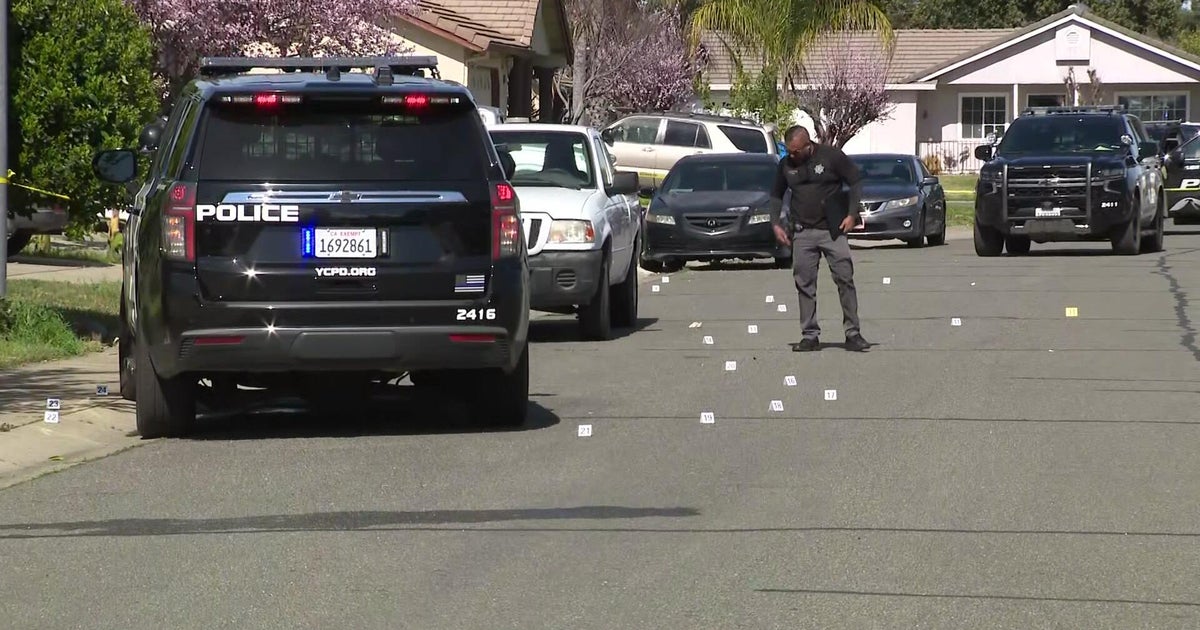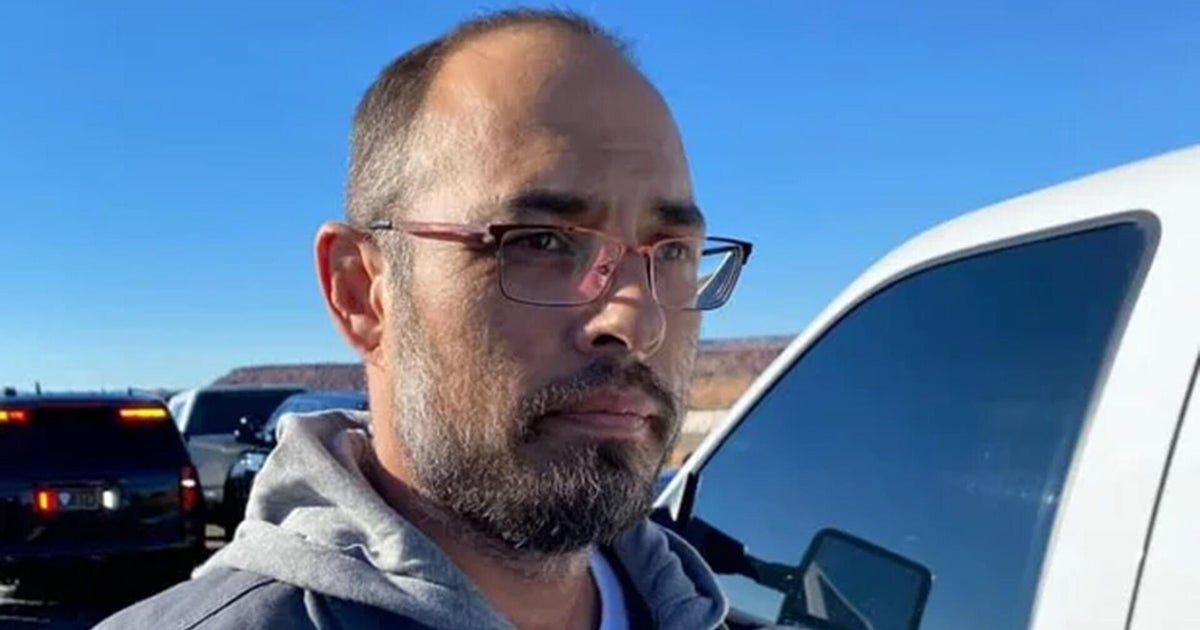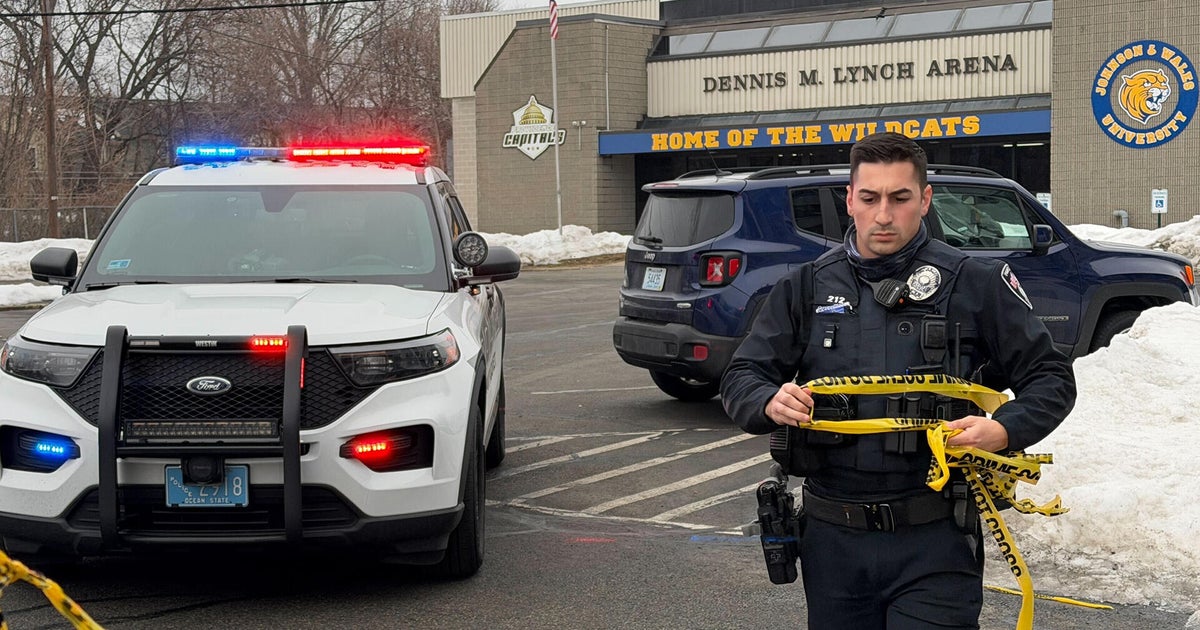Prosecution, defense rest in Pittsburgh synagogue shooting trial
PITTSBURGH (KDKA) -- The prosecution and defense have both rested in the Pittsburgh synagogue shooting trial.
After the United States rested, the defense said they had no evidence. The jury was dismissed until 8:30 a.m. Thursday.
This means closing arguments begin Thursday morning, and the jury could get the case for the guilt phase of the trial as early as Thursday.
Earlier in the day, SWAT officer Timothy Matson gave his testimony. He was the first officer who stepped into the room, to confront the gunman. During his testimony, he told the jury he has seven new holes in his body and has endured 25 surgeries since that terrible day.
The jury got to see the bullets in his tactical vest and the bullet hole on the right side of his tactical helmet. He breached the door and searched the dark room for the gunman when he said, "It felt like a dog ran into my leg and took me off my feet."
Matson later said, "I was in the darkest, most calm place in my life."
He didn't remember much after that, except his fellow officer falling on top of him to get him down and out of the path of the gunfire.
Officer Matson said at that time, he was 6-foot-4 and weighed 365 pounds in his tactical gear, so it was a feat for the officers to get him out of harm's way and eventually to the hospital.
He listed off his very long list of injuries to the jury, telling them he's still dealing with memory loss after the shooting, and has been on-and-off at work. Matson didn't return until two years after the shooting, and then was off-and-on because of surgeries.
When the prosecutor asked Matson if he would go through that doorway again, he said, "Absolutely, I'd go through any door for my team anytime."
When it came time for the cross-examination, the defense attorney said, "Thank you for your service, officer, no further questions."
Also, the only person who survived inside the Pervin Chapel on the day of the shooting took the stand. Andrea Wedner said she locked eyes with the gunman in the back of the chapel. The gunman would later murder her 97-year-old mother, Rose Mallinger, as the two hid on the ground in between the pews.
"We were filled with terror," she told the jury. "It's indescribable. We thought we were going to die."
Prosecutors played Wedner's 911 call for the jury and they heard the exact moment the gunman returned to the chapel, firing fatal shots at several victims.
"I saw my right arm get blown open in two places and my right hand," Wedner said, "it looked like shredded raw meat, and there was a lot of blood."
She felt her mother's wrist for a pulse and it was very faint. She told the jury she knew she wasn't going to survive. When asked why she didn't try to run like the others, she told the jury:
"I wasn't going to leave my mother and I didn't know where he was."
Minutes later, she saw a man in fatigues and said she knew he was one of the good guys who would later take her out of the chapel and into a small room to tourniquet her arm.
When asked about saying goodbye, she told the jury:
"I kissed my fingers, and I touched my fingers to her skin. I cried out 'Mommy.'"
Recapping the trial
In these first two weeks of trial, the prosecution has been fulfilling its burden of proving the defendant is responsible for the deaths of 11 people and the wounding of several others. And while there is little doubt of that, the government has another aim: showing he willfully, knowingly and brutally slaughtered innocent people -- a hate crime based on their religion -- and that his actions merit the death penalty.
To that end, the government has focused on the human toll, presenting the heart-wrenching testimony of survivors of the attack who witnessed the brutal slaying of their fellow congregants and narrowly escaped death themselves. The government did not spare the jury graphic images -- crime scene and autopsy photos -- saying they were necessary to establish the "force" and "malice" of the defendant who shot the defenseless victims at close range with an AR-15 military-style rifle.
"It's necessary for the very purpose of this whole proceeding which is to move this jury to the death penalty," said Bruce Antkowiak, a law professor at St. Vincent College.
With the first of police witnesses, close to a dozen officers testified they did not hesitate and went immediately and directly into the building and towards the gunfire -- several paying a heavy price for their valor. The alleged gunman is charged specifically with causing bodily injury to safety officers. The government will later argue the death penalty is merited on all these accounts.
Jurors heard testimony Tuesday about the alleged gunman's social media presence, which prosecutors said shows his hatred for Jews.
Evan Browne, a tactical analyst with the FBI, took to the witness stand Tuesday, reading hundreds of posts that investigators say the gunman published to Gab.com, some with hundreds of "likes."
Support is available for those in need during the trial
If you or someone you know is experiencing mental health effects from the trial, go to 1027healingpartnership.org to find help resources. As always, call 911 to report threats.
Phone: 412-697-3534
Email: info@1027HealingPartnership.org
Website: 1027healingpartnership.org
More resources can be found here.
